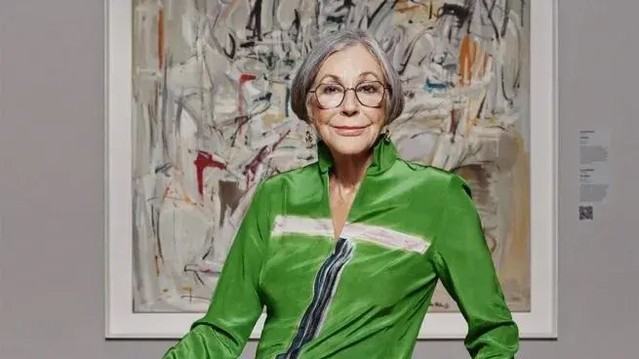Women, Wealth and the New Power Map
Wealth remains concentrated, but 2025 marks a turning point — women are increasingly visible at the very top of global fortunes. According to Forbes’ 2025 Billionaires List, the world’s richest women represent a diverse mix of heirs safeguarding long-standing dynasties, executives steering financial empires, and self-made entrepreneurs who have built global powerhouses from the ground up. This year’s top ten shows how inheritance, leadership, and strategic investment continue to drive immense wealth — yet active stewardship, innovation, and philanthropy are increasingly defining their public influence.
1. Alice Walton — Walmart heiress, art patron and civic investor
Alice Walton is the eldest daughter of Walmart founder Sam Walton and, in 2025, ranks as the richest woman in the world. Her wealth comes almost entirely from the Walton family’s large stake in Walmart; unlike many heirs she never took an operational role at the company and has instead concentrated on philanthropy and the arts. In 2025 Walton remained highly visible for her cultural investments — backing the Crystal Bridges Museum of American Art and expanding medical and educational philanthropy in Arkansas — while watching Walmart shares and family holdings continue to drive her net worth.
2. Françoise Bettencourt Meyers & family — L’Oréal matriarch and strategic shareholder
Françoise Bettencourt Meyers, the granddaughter of L’Oréal’s founder, combines inherited ownership with active board-level influence. Her family holding (Téthys Invest) and long-term role at L’Oréal underpin a multidecade accumulation of wealth; in 2025 she remained vice-chair (shifting some roles to the next generation) and continued to lead the family’s philanthropic efforts through the Bettencourt Schueller Foundation. Her 2025 profile is a study in how inherited capital, careful governance and strategic shareholding sustain massive fortunes.
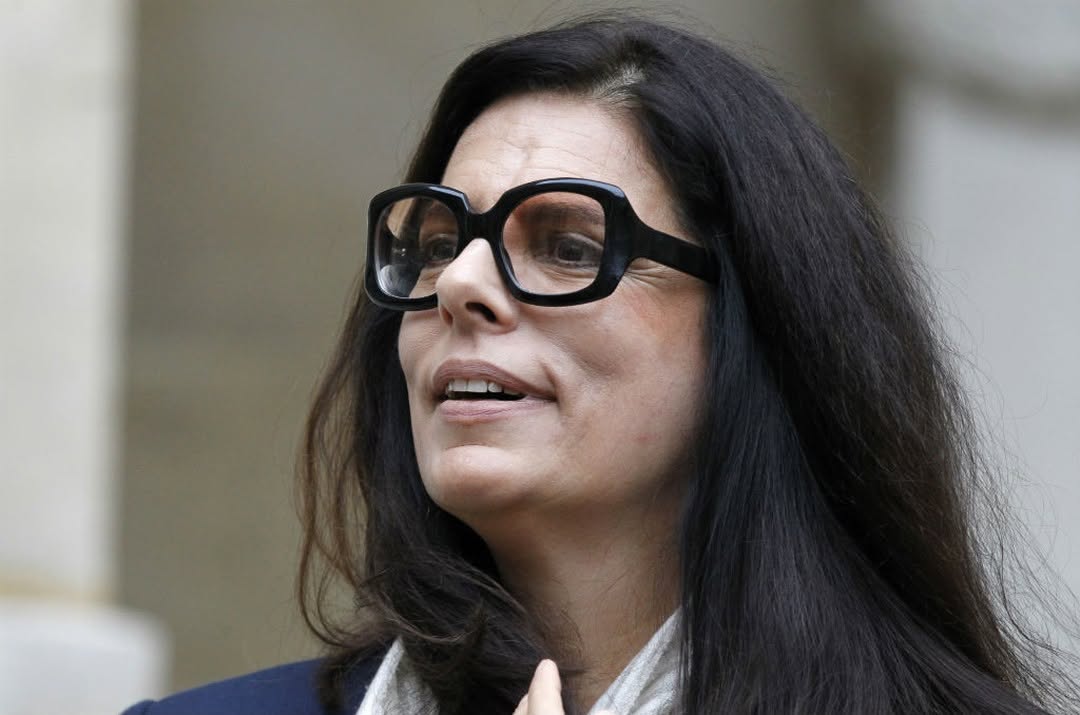
Françoise Bettencourt Meyers
3. Julia Koch & family — Industrial heir with stewardship of Koch Industries
Julia Koch inherited a 42% stake in Koch Industries through the estate of her late husband, David Koch. Although she does not run day-to-day operations, Julia and her children exercise stewardship over one of America’s largest private conglomerates (energy, chemicals, manufacturing), and in 2025 the Koch family holdings continued to appreciate as global industrial demand recovered. Julia’s role in philanthropy and major cultural institutions also defines her public presence while investment managers maintain the conglomerate’s long-term strategy.
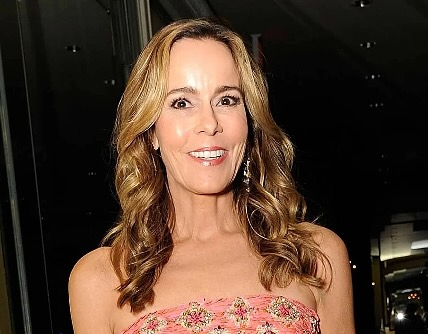
Julia Koch
4. Jacqueline Mars — Mars family heir and private-company stakeholder
Jacqueline Mars is an heir to Mars, Inc., the privately held confectionery and pet care giant. Her wealth stems from long-term family ownership — Mars is famously private, vertically integrated and profitable — and Mars family members historically take limited public roles while preserving the business across generations. In 2025 Jacqueline continued philanthropic work (conservation, arts) and maintained her ownership stake as Mars expanded pet care and global food operations.
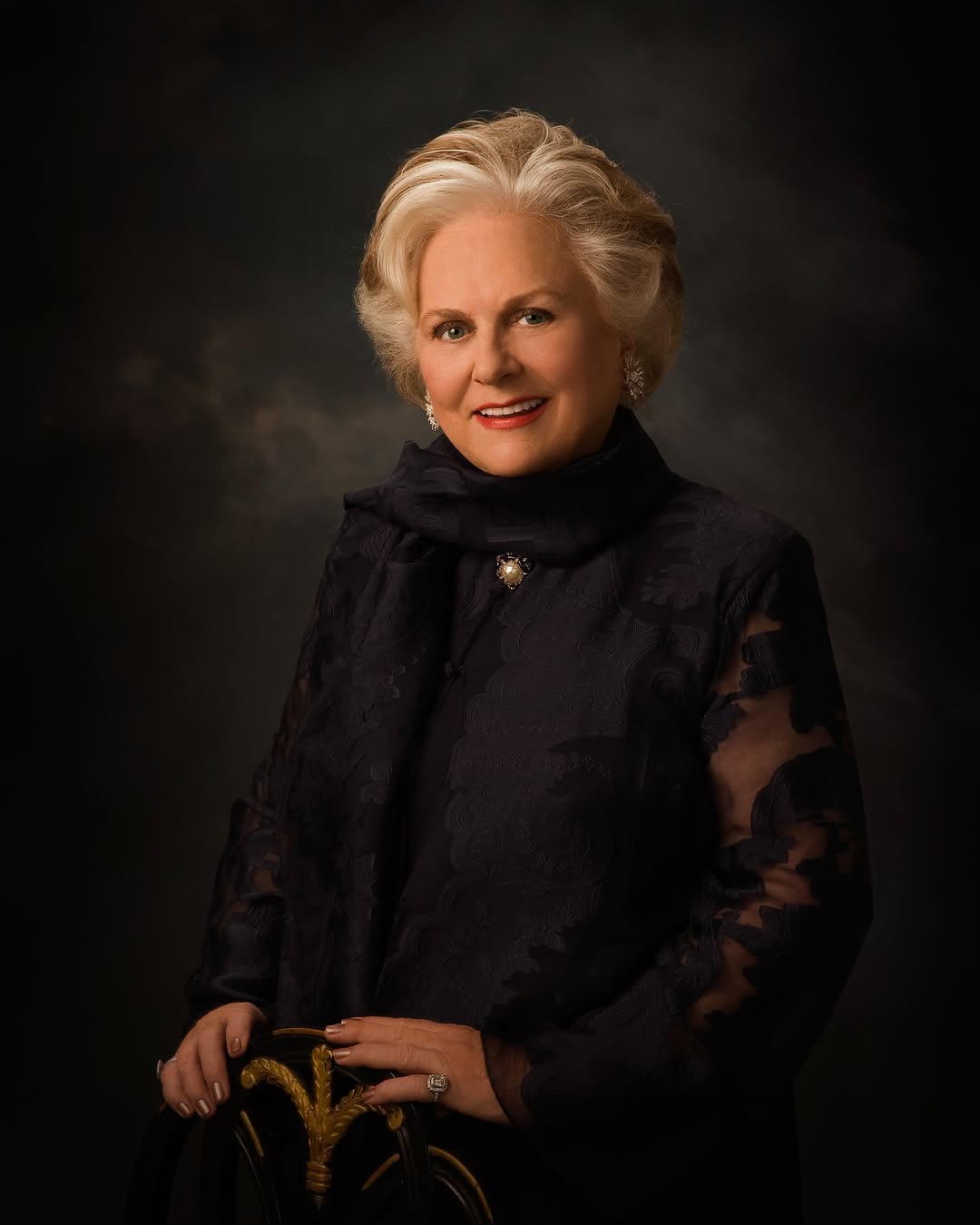
Jacqueline Mars
5. Rafaela Aponte-Diamant — Co-founder of MSC and self-made shipping magnate
Rafaela Aponte-Diamant is notable as one of the few self-made women in the top tier. She co-founded the Mediterranean Shipping Company (MSC) with her husband and grew it into one of the world’s largest container carriers. In 2025, with global trade recovering and shipping capacity and logistics in high demand, Rafaela’s stake in MSC translated into a multibillion valuation and active involvement in strategic fleet expansion and port investments. Her story highlights shipping and logistics as enduring engines of private wealth.
6. Savitri Jindal & family — India industrial matriarch steering infrastructure assets
Savitri Jindal holds major family stakes in the O.P. Jindal Group — steel, power, infrastructure — and in 2025 remained central to the family’s investment strategy. After taking a stewardship role following her husband’s generation, she helped position the group to benefit from India’s infrastructure and steel demand. Savitri also maintains influence through philanthropic and political roles in India, and the family’s diversified industrial portfolio underpins her net worth.
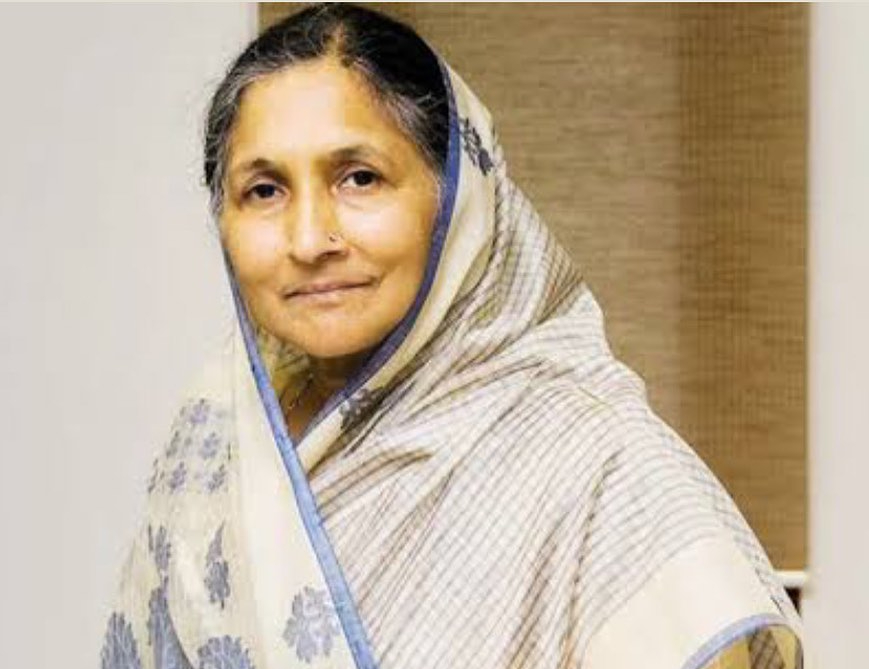
Savitri Jindal
7. Abigail Johnson — Active CEO of Fidelity and the financial operator
Abigail “Abby” Johnson is a rare example of an active wealth-holder: she is CEO and Chair of Fidelity Investments, a global asset manager. Unlike many heirs, Johnson runs the business that forms the core of her wealth. In 2025 she continued to expand Fidelity’s product range (retail brokerage, institutional asset management, crypto custody services) and shepherded the firm through a digital transformation, consolidating its position in global finance and keeping her personal net worth tied to the firm’s long-term performance.

Photo - Wall Street Journal
8. Miriam Adelson — Casino heir, publisher and healthcare philanthropist
Miriam Adelson inherited large holdings in Las Vegas Sands after the death of Sheldon Adelson. By 2025 she remained a major shareholder and public figure, increasingly associated not only with gaming and resorts but also with philanthropy and media (including ownership in Israeli outlets). That year she made headlines for major philanthropic gifts in health and addiction research, even as her casino assets influenced global leisure and real estate markets.

Miriam Adelson
9. Marilyn Simons & family — Finance legacy and scientific philanthropy
Marilyn Simons rose into the top ranks after the death of her husband, Jim Simons, the legendary founder of Renaissance Technologies. Her 2025 net worth reflects inherited holdings and the enduring value of Renaissance’s investments; she also co-chairs the Simons Foundation, a major donor to math, science and biomedical research. In 2025 Marilyn’s profile combined private wealth stewardship with active philanthropic investments in education and research.

Marilyn Simons & family
10. Kwong Siu-hing – Sun Hung Kai Properties (Hong Kong)
Kwong Siu-hing, the matriarch of Hong Kong’s Sun Hung Kai Properties empire, rounds out the list as one of Asia’s wealthiest women. With an estimated net worth exceeding $18 billion in 2025, she remains a central figure in the real estate industry. Kwong inherited her stake through her late husband, co-founder Kwok Tak-seng, and continues to exert quiet but steady influence over the company’s governance and strategic direction.
Sun Hung Kai Properties, one of the largest property developers in Asia, has seen steady growth in both mainland China and Hong Kong markets, despite economic fluctuations. Under Kwong’s guidance and the leadership of her sons, the company has diversified into smart city projects, luxury residential developments, and green architecture initiatives.
Kwong is known for her private lifestyle but also for her disciplined approach to long-term wealth preservation — a hallmark of many legacy billionaires. Her enduring presence on Forbes’ 2025 list reflects the staying power of Asia’s real estate dynasties in an increasingly tech-dominated global economy.
Who is the richest female in the world in 2025?
Alice Walton holds the top spot in 2025.
Who is the top 10 richest woman?
The article above lists the top ten (Alice Walton; Françoise Bettencourt Meyers; Julia Koch; Jacqueline Mars; Rafaela Aponte-Diamant; Savitri Jindal; Abigail Johnson; Miriam Adelson; Marilyn Simons; plus close contenders such as Ortega/Fontbona family members). Exact ordering may vary slightly across real-time trackers.
Who is the top 20 richest female in the world?
Forbes’ full list includes 20+ women; notable additions beyond the top ten include Iris Fontbona, Diane Hendricks, Melinda French Gates, Taylor Swift (increasingly high due to touring/rights), and others — see the full Forbes rankings for the most up-to-date 20.
Who is the richest person in the world in 2025?
Elon Musk is the overall richest person in many 2025 rankings, though real-time stock moves can produce temporary lead changes.



